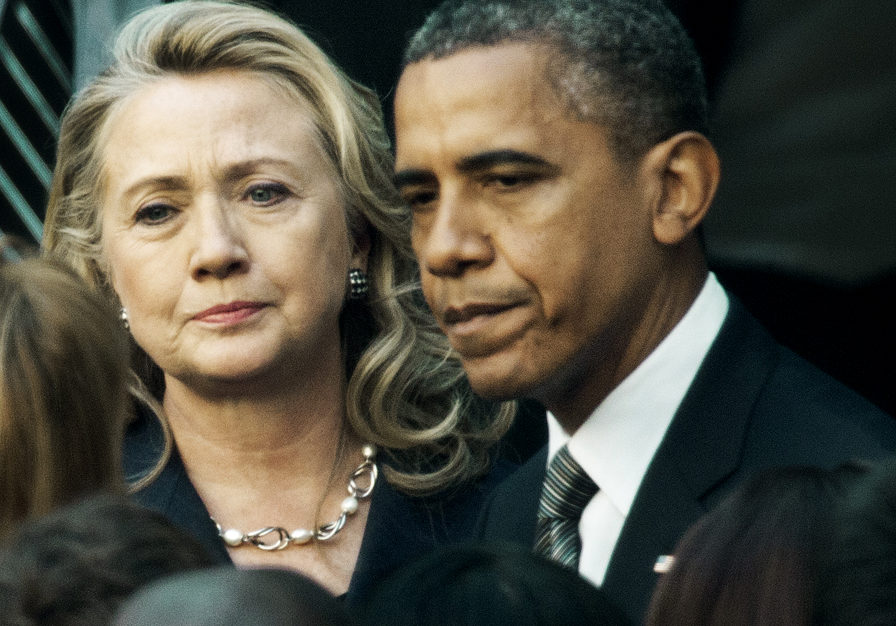This is a most interesting case. Is the FISA court all-powerful or are they eligible for judicial review? This became an issue after the 2016 election when it was discovered that the FISA court-approved FISA surveillance against Carter Page three times.
Despite a year’s worth of reading his emails and listening to his phone conversations, he was found innocent of any and all charges. They really used the warrants to spy on the Trump campaign and transition team.
The case before the court is a bit interesting. It involves a lawsuit brought by three Muslim men against the Director of the FBI and the FISA court. By the way, the FBI Director named in the suit is Robert Mueller. If the court rules in favor of the three men, Mueller will be investigated for FISA abuse. What sweet irony.
Mueller sent in a spy to interact with the three men and those they associate with. The spy even converted to Islam.
The 1978 FISA allows federal law enforcement and intelligence agencies to secretly gather information on persons suspected to be foreign agents engaged in espionage or international terrorism against the United States.
To obtain a FISA surveillance warrant, the Justice Department must present evidence to a secret FISA court, known as the Foreign Intelligence Surveillance Court (FISC).
Currently, all evidence is kept hidden under the state-secret privilege. However, the American Civil Liberties Union (ACLU) is arguing that FISA warrants and the evidence that is gathered are eligible for judicial review.
They want outside courts to decide if the warrants were justified.
I imagine Carter Page agrees with that, especially since an FBI lawyer changed an email in trying to implicate Page as being a spy for Russia.
In one of the most egregious examples, FBI lawyer Kevin Clinesmith doctored an email to suggest that Page was never a Central Intelligence Agency (CIA) informant, even though the email clearly said he was. That false information was considered by the FBI as they requested a third FISA warrant from the FISC to continue surveilling Page.
Somewhat ironically, the current case under Supreme Court review involves another Trump-era figure — former Special Counsel Robert Mueller. When Mueller headed the FBI in 2006, the agency used a confidential informant to surveil Muslims in Southern California. The informant, Craig Monteilh, converted to Islam and spent 14 months conducting surveillance on hundreds of Muslims in the community, according to the ACLU.











